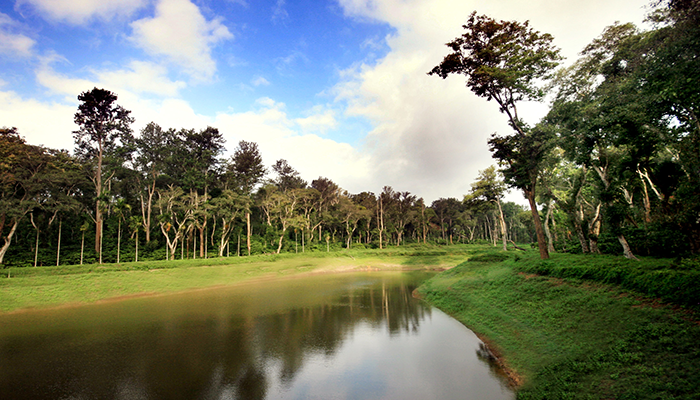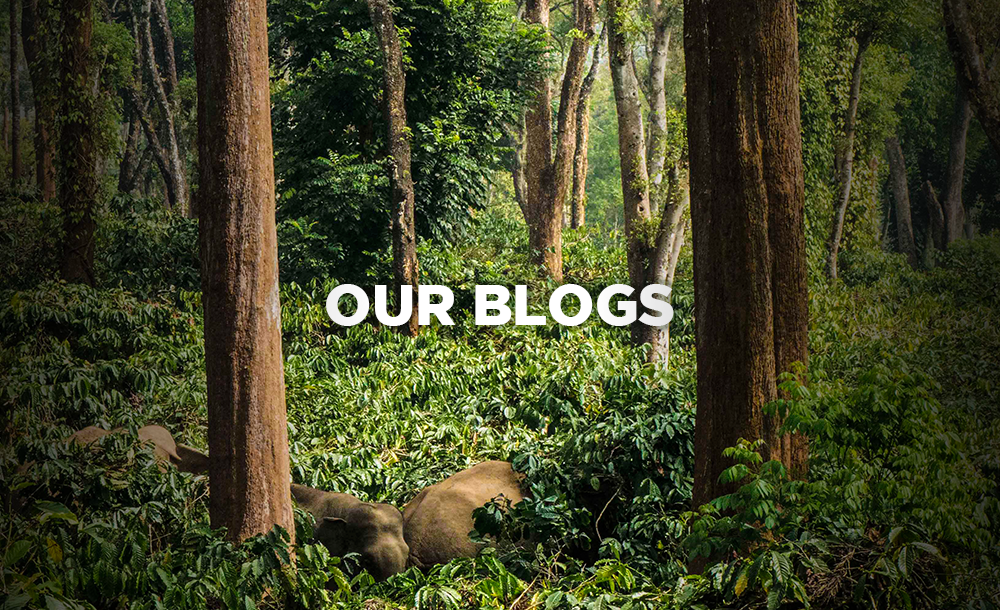RAIN WATER HARVESTING

The world is facing an enormous water-related risks that are intensified by climate change, rapid urbanization and dated infrastructure consequential in flooding, water scarcity and restoration costs on a scale that overwhelm the volumes of cities.
With all the above happening, Rain Water Harvesting can go a long way to help mitigate adverse effects. Seizing the rainwater can help restore local aquifers, reduce urban flooding and most significantly ensure water availability in water-scarce areas. Rainwater harvesting is a simple process by which rain water is collected and stored for future use.
Tata Coffee brought a hydrological balance around Polibetta using dynamic techniques of water harvesting.
Tata Coffee identified:
- In Coorg and Hassan, there is an overexploitation of groundwater in two lakes.
- The areas received scanty rainfall.
- The households were seeing an acute scarcity of drinking water.
- The water levels in both open wells and bore wells in the regions had been falling drastically, leading to a severe water crisis.
While there is ample rain in this region, there is only a handful of retention tanks. The run-off was never distilled or collected as groundwater. There were also a lot of plantations using personal borewells and drying the underground water completely. The groundwater was replenished by collecting the run-off from lakes, compensated for all that was used through the years. We ran programs to educate and support the locals in water literacy.
2 years later:
Rejuvenated lakes, 5 ponds and 1 bore.
Distributed pipelines & Overhead tank to the local bodies
Harnessed 142m kilolitres of run-off water.
Setting an example for 11,721 local masses to save each precious drop.
To save our world from the water catastrophe, social consciousness must be implemented at all levels. Tata Coffee has come forward and realized their responsibility towards water and made sure to take proactive measures to ensure its effective management.


